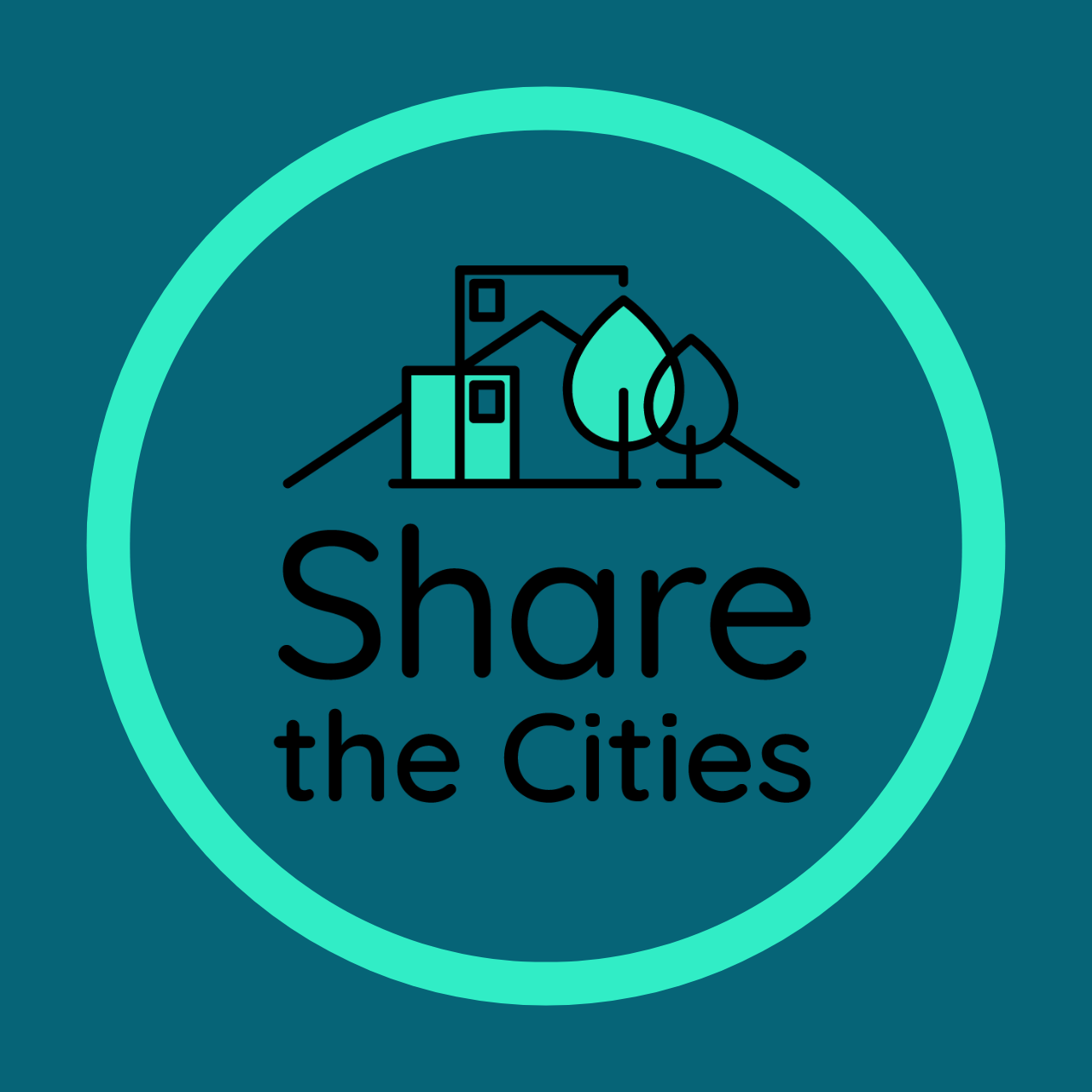03/22/2023
First and foremost, Share the Cities Organizing Collective strongly condemns those who disregard racism against the neighborhood and people of CID. We demand that any who ignore the histories and trauma of exclusion and racism in the CID, but continue to speak on behalf of “what’s good for CID,” kindly remove themselves from the conversation.
Highlighting direct impacts of our city’s transportation system development alone, the residents of the CID have experienced:
Cycles of neglect and exclusion,
Construction and traffic, pollution, and noise effects of I-5,
Construction and traffic, pollution, and noise effects of I-90,
Original transit tunnel construction,
Original light rail construction,
Construction and operation of the First Hill Streetcar,
Failed delivery of the Central Connector.
Most recently, Sound Transit has failed to engage with or fully explore impacts to the CID neighborhood and community before putting forth its proposal to construct a destructive CID station on 5th Ave. Sound Transit spent seven years on this initial proposal, then made significant changes at the last minute to accommodate a rushed vote. This entire approach has been unacceptable and reflects policy rooted in white supremacy that hurries important decisions and tramples over marginalized community voices and needs.
Share the Cities Organizing Collective will stand in solidarity with the most marginalized voices in the CID to advocate for:
Funding from the city, county, state and federal government to address past harms in the CID as sought by the CID community and partners,
Pedestrian safety and construction mitigation plans that are preferred by the CID community and partners, while recognizing that multiple truths exist with regards to what’s “best for the CID”,
The continued success of POC-owned small businesses in the CID by pushing for commercial rent control, the right to return for legacy businesses, and robust funding of both Seattle and King County’s Equitable Development Initiatives.
After several weeks of intense discussion, we remain internally split between support for a shallow 4th Ave station and North and South of CID stations. Many of our members, including some with ties to the CID, believe that a shallow 4th Ave station provides greater connectivity for a regional transit system, including to their communities and families who have been displaced or never had the opportunity to live in the CID. At the same time, we acknowledge that construction of a shallow 4th Ave station may have substantial impacts on CID businesses and residents compared to a North and South of CID option. The downside to choosing the North and South of CID stations option, however, is reduced connectivity for the region, which may drive further car dependence in an era of worsening climate change.
Rather than explicitly calling for one station option over another, we urge the following:
If the North and South of CID stations option is chosen by Sound Transit, Share the Cities Organizing Collective calls for the urbanist community to come together with all of our outsized social media megaphones and privileges to guarantee a requirement that both stations be built. In particular, the South of CID station area plan from Puget Sound Sage and their partners must not be dropped under any circumstance.
Pedestrian safety should never be an afterthought. We have to learn from past station area mistakes, such as at-grade light rail in South Seattle. We have to ensure that pedestrians and other non-car users are prioritized at a South CID station from day one.
“Equitable Transit Oriented Development” cannot be claimed without being rooted in engagement with the most multiply marginalized community members. Equal investments in anti-displacement and equitable, culturally supportive development must be made between the area around the North of CID station and the area around the South of CID station.
Share The Cities has long been a place where urbanist nerds, policy wonks, and dreamers of a more just future have worked together to try to make our cities available to and inclusive of people from all walks of life, while reducing harm to marginalized communities that have faced racist and classist exclusion in both the past and present. One of our core missions is to educate urbanists on how to approach city building with a social justice lens and in solidarity with the disempowered.
